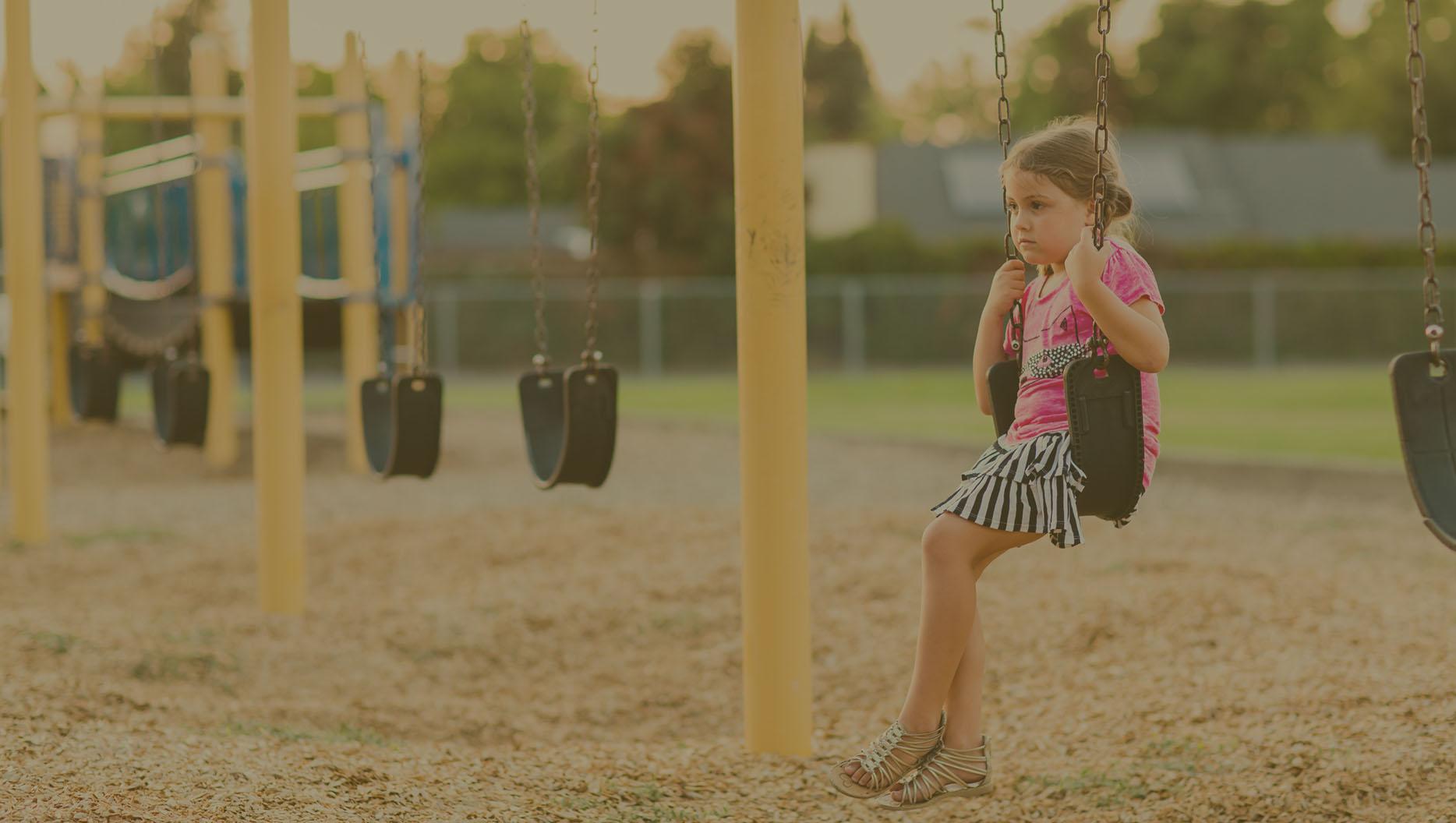The threat of danger impacts our children on a regular basis. Tragic school shootings, violent crimes, and the like all incite an array of heartache and anxiety. Even when the threat is not at our front door, it is booming from media outlets into our homes. The likelihood that your child is impacted is high. Regardless of where you live or how stable your family life is, the lives of kids and teens are being touched by violence to some degree, and we must help them make sense of it.
Rather than react out of fear, we must help our kids by demonstrating an appropriate level of sobriety and sorrow by such events, while exhibiting that our hope is in Christ. The challenge is to find the right balance—teaching young people awareness and caution while equally encouraging trust in a sovereign God. The most hazardous thing we let our children do is ride in a car, yet we rarely fear driving them to school or church or the mall—nor should we. Young people must learn to live life fully, and not overshadowed by fear.
So parents—engage with your kids about these threatening realities. Do your best to explain them and be willing to discuss why evil exists. Model godly grief and educate your children on what is right and just. Our kids will be able to walk with confidence in a troubled world if they are educated on how to think, feel equipped to respond, and have grown to put their confidence in their Creator. We want to teach children how to both navigate this world and trust an unrivaled God.
Below are five suggestions to help children feel prepared in the face of potential violence.
1. Have a plan for potential dangers. We know it is helpful to have a fire escape plan at home, school, and work. Likewise, help kids develop a plan they can follow when they become aware of possible violence. Being prepared does not avoid the event, but it gives a child a sense of confidence that he or she can respond well and get through it safely.
2. Role-play, role-play, role-play. As you instruct your children on what they should do in various types of emergencies, do so in a calm and matter-of-fact manner, being sure not to frighten them by talking about it. Then, practice. Describe hypothetical situations and have them tell you what they would say or do. This helps children to react efficiently and swiftly in a high-pressure situation.
3. Be a safe, trusting adult to go to and identify other safe adults that can help in a crisis. If your kids know in advance who to go to for help in an emergency, they will feel less fear. To the extent possible, be sure these people (including yourself!) are able to offer appropriate comfort, poise, and direction based on the situation. This means being able to respond in a way that neither minimizes nor overreacts to the threat at hand. A balanced response during and after an emergency will help your children going forward.
4. Lead them to the God of all comfort. “Do not be afraid” is mentioned 365 times in the Bible. The solution to fearful situations is always God’s presence. He offers himself as our comfort, strength, and portion. Look for ways to make this truth tangible and real in a young person’s life.
5. Know what Scripture has to say about life, tribulations, and sufferings. When kids ask why something terrible happened, it is important to give simple and honest answers. Young people need to make sense out of life accurately and redemptively. Help them look beyond present sufferings and remind them that a faithful God cares for them. God’s will for their life cannot be thwarted. As Jeremiah 29:11 states, “For I know the plans I have for you, declares the Lord, plans for welfare and not for evil, to give you a future and a hope.”
We cannot promise young people that tragic events will not happen, but we can give them the knowledge and resources to navigate such events. The better equipped they feel, the less anxious they will be. Equally important is the reality that kids will always be making sense out of their experiences. The question is, will they do so accurately? It is imperative that our kids grow up with a worldview that is biblical (accurately interprets the world we live in), redemptive (God takes what is broken and restores/ make all things new), and hope-filled (confidence in the character of God and anticipation for the good he will do). We can all pray that violence will not directly touch our children’s lives, but in the meantime, wisdom prepares them in case it does.




